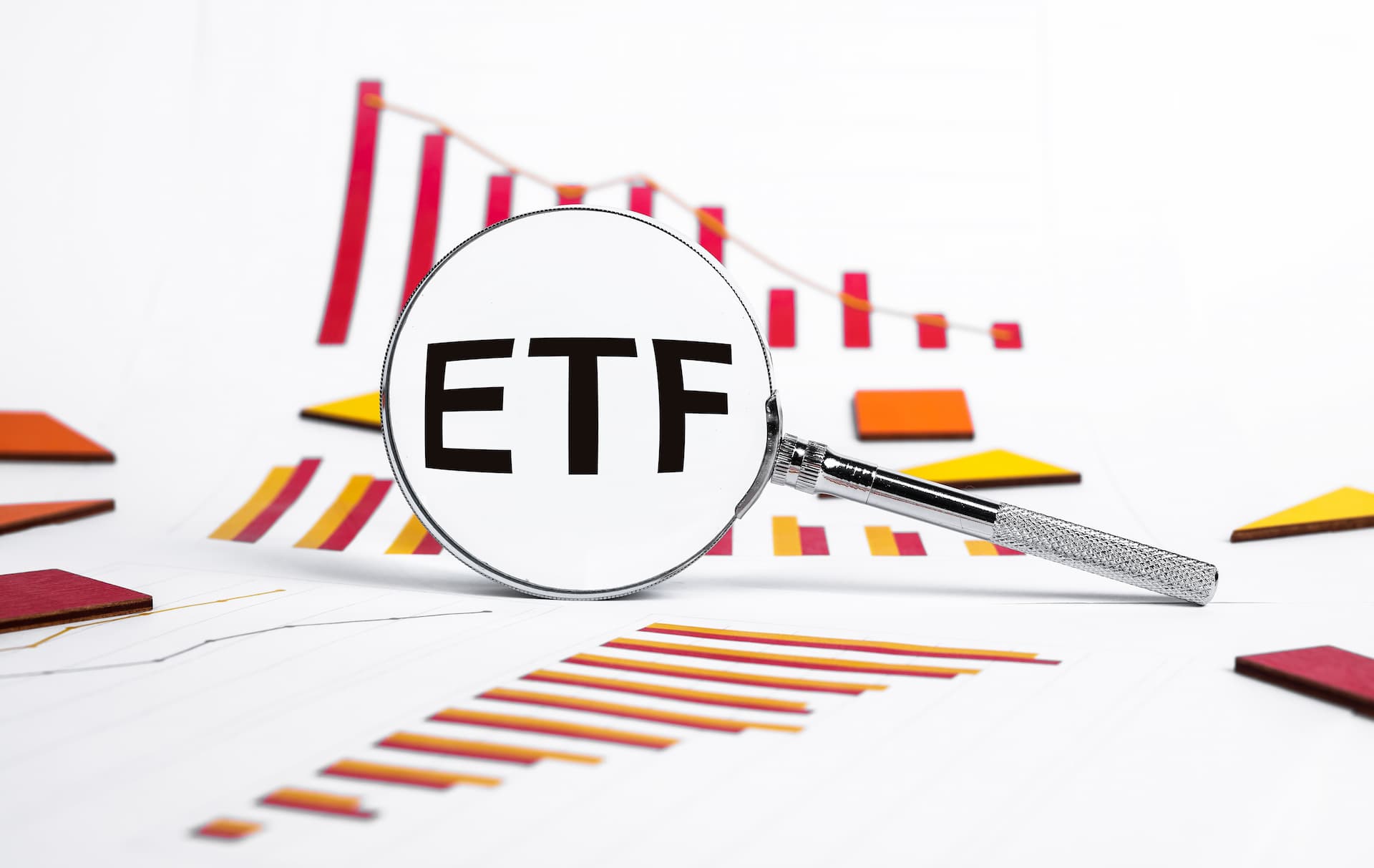How to Develop a Trading Mindset
Developing a successful trading mindset is essential for consistent performance in the financial markets.

Minimizing trading costs is essential for enhancing your overall profitability as a trader. Trading costs can come in various forms, including commissions, spreads, and account maintenance fees. Trading success hinges on emotional control! Minimize costs, avoid impulsive decisions & boost your strategy. Learn key tactics & resources to trade with a clear head. Here’s an in-depth guide on how to minimize trading costs:
1. Choose a Low-Cost Broker
The broker you choose can have a significant impact on your trading costs. Different brokers have varying fee structures, which can affect your trading expenses.
- Compare Brokers: Research and compare different brokers to find those with the most favorable fee structures. Brokers offering competitive pricing can help you reduce costs significantly. For a comprehensive comparison of forex brokers and their fee structures, visit 24markets.com.
- Consider Discount Brokers: Discount brokers typically offer lower commission rates and fewer fees compared to full-service brokers. These brokers are ideal for traders looking to minimize costs. Explore various broker platforms to find discount brokers that meet your needs.
2. Utilize Fee-Free Trading Platforms
Many trading platforms offer options that can help reduce your trading costs. Selecting the right platform can make a difference in your overall trading expenses.
- Zero-Commission Trades: Some trading platforms allow you to trade without commission fees for certain securities or during specific periods. This can help you save money on trades. Discover fee-free trading options and platforms available to traders at 24markets.com.
- Low Spread Accounts: Accounts with tight spreads can lower the cost of entering and exiting trades. Spreads represent the difference between the bid and ask prices, and tighter spreads reduce trading costs. Learn more about accounts with competitive spreads and their advantages.
3. Implement a Trading Strategy
Having a well-defined trading strategy can help you avoid unnecessary trades and focus on high-quality opportunities. This can reduce the frequency of your trades and, consequently, your trading costs.
- Minimize Overtrading: Overtrading can lead to increased costs due to frequent commissions and spreads. By developing and adhering to an effective trading strategy, you can avoid unnecessary trades and manage your trading costs more effectively.
- Optimize Trade Timing: Executing trades during periods of high liquidity can result in tighter spreads and lower costs. Proper timing can help you minimize costs associated with entering and exiting trades. Explore strategies for market timing to enhance your trading efficiency.
4. Use Limit Orders
Limit orders are a valuable tool for controlling the price at which you buy or sell an asset. By using limit orders, you can manage costs more effectively and avoid unexpected expenses.
- Avoid Slippage: Slippage occurs when the execution price of your trade differs from the expected price. By using limit orders, you can control the price at which your trade is executed and avoid slippage. Learn more about the benefits of limit orders and how they can help you manage costs.
- Control Entry and Exit Points: Setting specific entry and exit points with limit orders helps you manage your trades more precisely and reduce costs. For additional details on how to use limit orders effectively, explore trading tools available at 24markets.com.
5. Take Advantage of Trading Discounts
Many brokers offer promotions and discounts that can help you reduce your trading costs. Taking advantage of these offers can result in significant savings.
- Volume-Based Discounts: If you are a high-volume trader, you may qualify for lower commission rates or other discounts. Brokers often provide volume-based incentives to attract frequent traders. Check out available broker discounts and promotions to find opportunities for cost savings.
6. Monitor Account Fees
In addition to trading costs, account maintenance fees can also impact your overall trading expenses. Monitoring these fees and understanding their implications is important for managing your costs effectively.
- Review Account Fees: Regularly review the fees associated with your trading account, including maintenance fees, withdrawal fees, and inactivity fees. Keeping track of these fees can help you make informed decisions about your trading account. For more information on account fees and management, visit 24markets.com’s account types.
7. Utilize Advanced Trading Tools
Leveraging advanced trading tools can enhance your trading strategy and help you manage costs more effectively.
- Advanced Trading Platforms: Using sophisticated trading platforms with features such as advanced charting tools and automated trading options can improve your trading efficiency. Explore trading tools offered by 24markets.com to find those that best suit your needs.
- Educational Resources: Utilizing educational resources to improve your trading skills can also help you make better decisions and reduce unnecessary costs. Access educational materials on trading basics to enhance your trading knowledge.
By implementing these strategies, you can effectively minimize your trading costs and improve your overall trading performance. For additional resources and support, explore 24markets.com for comprehensive trading insights and tools.

Article by:
Sofia De Luca
Education Center Specialist 24markets.com
TAGS
Latest Education Articles
Show moreTake your trading to the next level.
Join the broker built for global success in just 3 easy steps. A seamless experience built for traders who value speed and simplicity.

Create Your Account

Make Your First deposit




